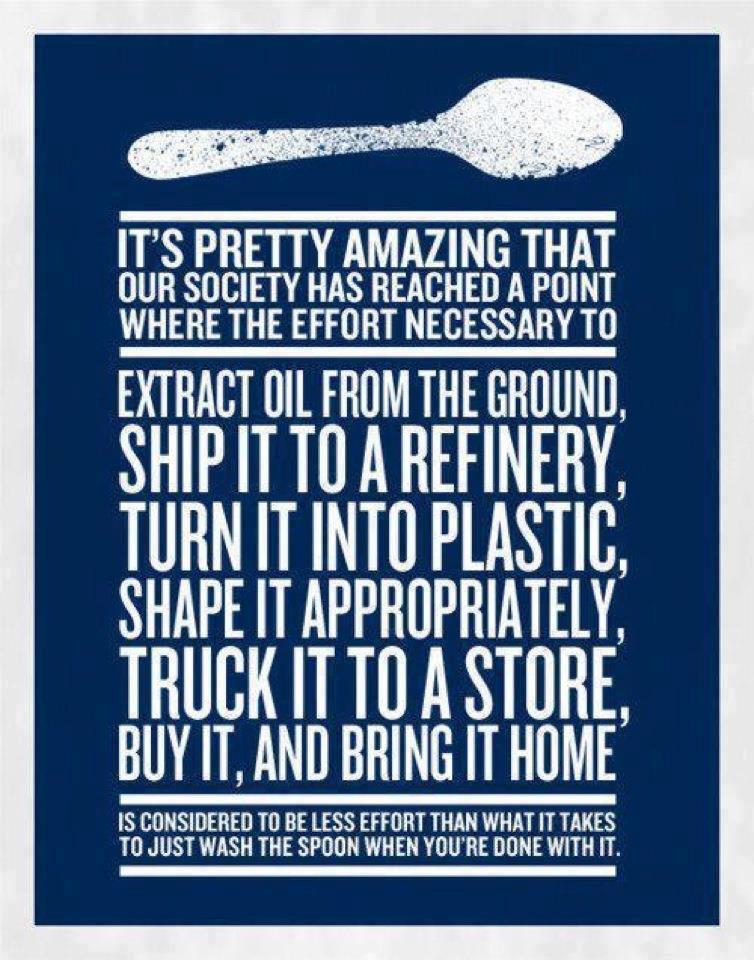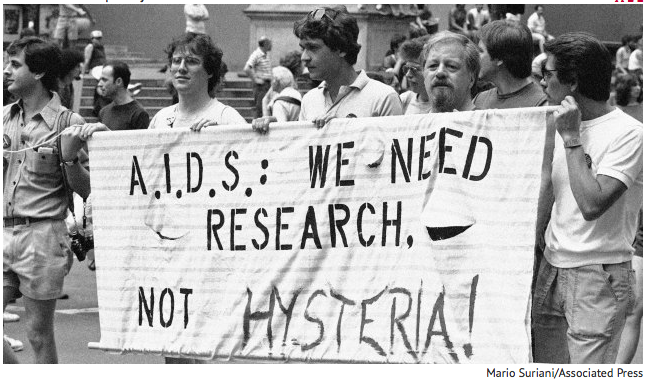Some weeks ago the New York Times columnist David Brooks wrote a piece praising the hardened, noir heros (like Sam Spade in The Maltese Falcon) who were “moral realists,” who “assume[d] that everybody is dappled with virtue and vice, especially himself,” apparently in contrast to young enthusiastic activists who are
“bursting with enthusiasm for some social entrepreneurship project: making a cheap water-purification system, starting a company that will empower Rwandan women by selling their crafts in boutiques around the world.”

They (and this is a hypothetical ‘they’ because he’s talking in general terms here) “think they can evade politics,” “have little faith in the political process” and “believe that real change happens on the ground beneath it.”
He calls this a delusion. Matthew Lee Anderson at Mere Orthodoxy appreciates this critique, adding to it a quote from the ethicist Oliver O’Donovan:
“Compassion is the virtue of being moved to action by the sight of suffering…it is a virtue that circumvents thought, since it prompts us immediately to action. […] it [requires no] independent thinking about the object of morality, only a very strong motivation to its practice.”
Of course it’s important to consider what means are most helpful to help. It’s true that ‘helping’ in unhelpful ways can hurt. But I feel that Brooks’ critique is insubstantial (not being rooted in an actual organization, only in imaginary groups of ‘activists’) and that we need compassion every bit as much as–or maybe even more than–reason.

After all we’re not the most reasonable creatures. We’re actually really unreasonable, most of us, which is why we find characters like Spock and Sherlock Holmes amusing oddities.
Here’s a specific example:
Not long ago Tim and I watched this documentary about HIV/AIDS. At one point, top virologists (folks who worked at NIH and WHO, for example) took a trip to South Africa where they spent some time on hospital wards–huge rooms full of dying people. They were already the world’s AIDS experts, but several of them pointed to that point as a turning point for them in their research: they saw people, and were resolved to help them. In the same documentary, former president Bill Clinton talked about walking along the AIDS quilt, seeing the blocks that represented a life lost to AIDS, and resolving to further efforts in the fight.
Something happens when we connect with a good story, and I fear that in denying the validity and importance of the visceral response, we deny an essential part of who God created us to be.
Why do you think organizations like Heifer International and World Vision have gift catalogs and sponsorship programs? Your $30 doesn’t really go straight into paying for some chickens or a child’s lunch program. But assigning that meaning to your money gives it a different quality. It calls out (rightly!) that quality of compassion, and the good folks at these good organizations use it as they see fit.
I don’t see that as a problem.
OK, compassion doesn’t stand alone. It isn’t the final goal.
But it’s a really good place to start.
Do we need people on the Spock end of the spectrum to see that relief and development are run effectively? Sure we do.
But just as much as we need them, we need people–good storytellers!–to help us give a darn.

















